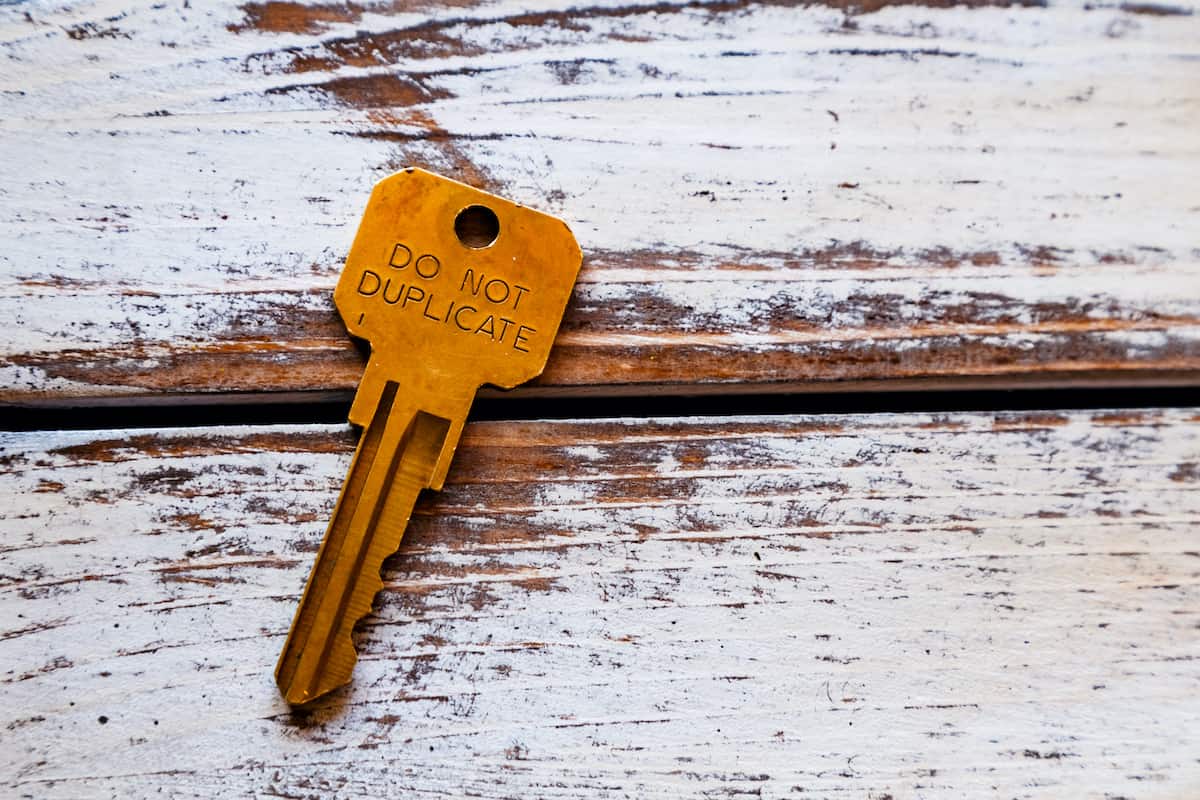Let's imagine: you're living your best life, enjoying the perks of Section 8 housing – a roof over your head, cozy evenings with Netflix, and the delightful feeling that your wallet isn't weeping every time you pay rent. But hold on, what if you forget to report a little extra cha-cha change in your income?
Consequences of Not Reporting Income

Not reporting income can have significant consequences. Firstly, it can lead to the termination of assistance programs such as government benefits or subsidies that rely on accurate income reporting. This can result in loss of financial support and essential services.
Additionally, there are financial implications involved. Failure to report income can lead to overpayment, where recipients receive more assistance than they are eligible for. This can result in debts that need to be repaid, often with interest.
Moreover, not reporting income can also lead to a potential loss or reduction of subsidies, such as housing or healthcare subsidies, impacting an individual's financial stability and access to essential resources.
The impact on housing stability
Forgetting to report income on Section 8 is like dancing on thin ice since the government and landlords are not fans of surprise. Your family members may juggle with unexpected bills and an emotional rollercoaster. So, in this grand production of life, keep your income from ghosting – a stable home deserves the standing ovation.
Related: What Can Cause You To Lose Your Section 8 Voucher?
Preventive measures and reporting guidelines
1. Emphasize Reporting Obligations
- Understand the importance of reporting income accurately and promptly to maintain eligibility for Section 8 benefits.
- Familiarize yourself with the reporting requirements outlined by your local housing authority or the agency administering Section 8 in your area.
- Recognize that failure to report income changes can result in penalties, loss of benefits, or even legal consequences.
2. Stay Organized
- Keep track of all sources of income, including wages, self-employment earnings, rental income, and any other relevant income streams.
- Maintain records such as pay stubs, bank statements, and tax documents to accurately report your income.
3. Regularly Review Your Income
- Conduct periodic reviews of your income to identify any changes that need to be reported.
- Set reminders or create a system to ensure you don't overlook reporting deadlines.
4. Promptly Report Income Changes
- Follow the guidance provided by your local housing authority or Section 8 agency for reporting income changes.
- Report any changes in your income promptly, typically within 10 days of the change occurring.
- Use the designated reporting channels, such as online portals, phone hotlines, or in-person visits, to submit the necessary information.
Conclusion

Caught in the game of hide-and-seek with your finances, the Housing Authority might graciously show you the door, turning your living arrangements into an awkward shuffle towards the exit. The moral of this tale is straightforward: honesty is your best partner. By understanding and embracing our reporting obligations, we're not just ticking off checkboxes; we're ensuring a stable roof over our heads.
So, here's a friendly nudge to all Section 8 participants: stay informed, report changes promptly, and let's keep the journey towards secure and affordable housing as smooth as possible. After all, we're in this together! Cheers to housing stability and hassle-free living!





